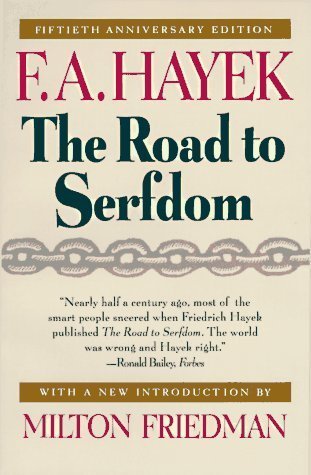
The Open Society and Its Enemies - Volume Two: Hegel and Marx
Book Description
Totalitarianism looms as a formidable threat, ready to snuff out the light of freedom. In 'The Open Society and Its Enemies - Volume Two: Hegel and Marx', Karl Popper unveils a fierce intellectual battle, dissecting the philosophies that seek to undermine open societies. He confronts the seductive allure of ideologies that promise utopia but often deliver oppression. With sharp insights and relentless logic, Popper challenges the legacies of Hegel and Marx, exposing the dangers of their ideas while championing the values of democracy and individualism. What if the key to safeguarding liberty lies in confronting the very roots of our beliefs?
Quick Book Summary
In 'The Open Society and Its Enemies - Volume Two: Hegel and Marx', Karl Popper critically examines the philosophies of Hegel and Marx, exploring how their ideas contributed to the intellectual foundation of modern totalitarianism. Popper charges Hegel with historicism and intellectual dishonesty, arguing that his dialectical method paved the way for irrationalism and authoritarian politics. Turning to Marx, Popper distinguishes between Marx’s genuine concern for social justice and the deterministic aspects of his materialist conception of history. Popper critiques the notion of historical inevitability, which can justify closed societies and suppress individual freedom. Throughout the volume, he advocates unwaveringly for critical rationalism, open debate, and piecemeal social reform as cornerstones of a genuinely open society, warning against the perils of utopian social engineering.
Summary of Key Ideas
Table of Contents
The Critique of Historicism and Determinism
Popper begins by analyzing the concept of historicism, particularly as embodied in the philosophies of Hegel and Marx. Historicism, for Popper, is the belief that history unfolds according to inexorable laws or stages, a view that encourages fatalism and discourages personal responsibility. He asserts that this way of thinking undercuts the open society, as it implies the future is predetermined rather than shaped by human agency. Popper’s critique centers on how historicism provides intellectual cover for authoritarian politics and suppresses dissent by presenting certain outcomes as inevitable.
The Dangers of Utopian Social Engineering
Next, Popper investigates the dangers inherent in utopian social engineering, a trend he sees as arising from both Hegelian and Marxian thought. He differentiates between ‘piecemeal social engineering’—incremental improvements responsive to criticism—and the utopian approach that seeks total transformation according to an ideal blueprint. Popper argues that utopian schemes disregard practical complexities, tend to silence opposition, and often justify oppressive means in pursuit of lofty ends, thus threatening the freedoms foundational to an open society.
Hegel’s Role in Promoting Authoritarianism
Popper devotes significant attention to Hegel, whom he accuses of sloppiness and obfuscation as well as laying intellectual groundwork for later totalitarian movements. By ennobling the state and devaluing the individual, Hegel’s philosophy, according to Popper, cultivates a climate where criticism is suppressed in favor of mystical unity under authority. Popper further dissects Hegel’s dialectical method, finding it to be a rhetorical tool more than a genuine rational process, which ultimately fosters dogmatism and the illusion of historical necessity.
Marx’s Materialism and Its Limitations
Turning to Marx, Popper carefully separates Marx’s humanitarian intentions from his philosophical errors, particularly the belief in historical laws determining the evolution of society. He acknowledges Marx’s critique of capitalism and his vision of emancipation for the working class but finds fault in his reliance on economic determinism and inevitable revolution. Popper demonstrates how the dogma of historical inevitability can shield repressive regimes from criticism, rationalizing persecution in the name of progress.
The Defense of Critical Rationalism and Democracy
In conclusion, Popper champions the open society, grounded in critical rationalism, scientific inquiry, and democratic debate. He emphasizes that no person or group possesses a monopoly on truth and that lasting social progress arises from transparency, constructive criticism, and gradual reform rather than revolutionary upheaval. For Popper, vigilance against the seductions of historical destiny and utopian promises is essential to preserving liberty, fostering innovation, and protecting the dignity of individuals within a free and open society.
Download This Summary
Get a free PDF of this summary instantly — no email required.





